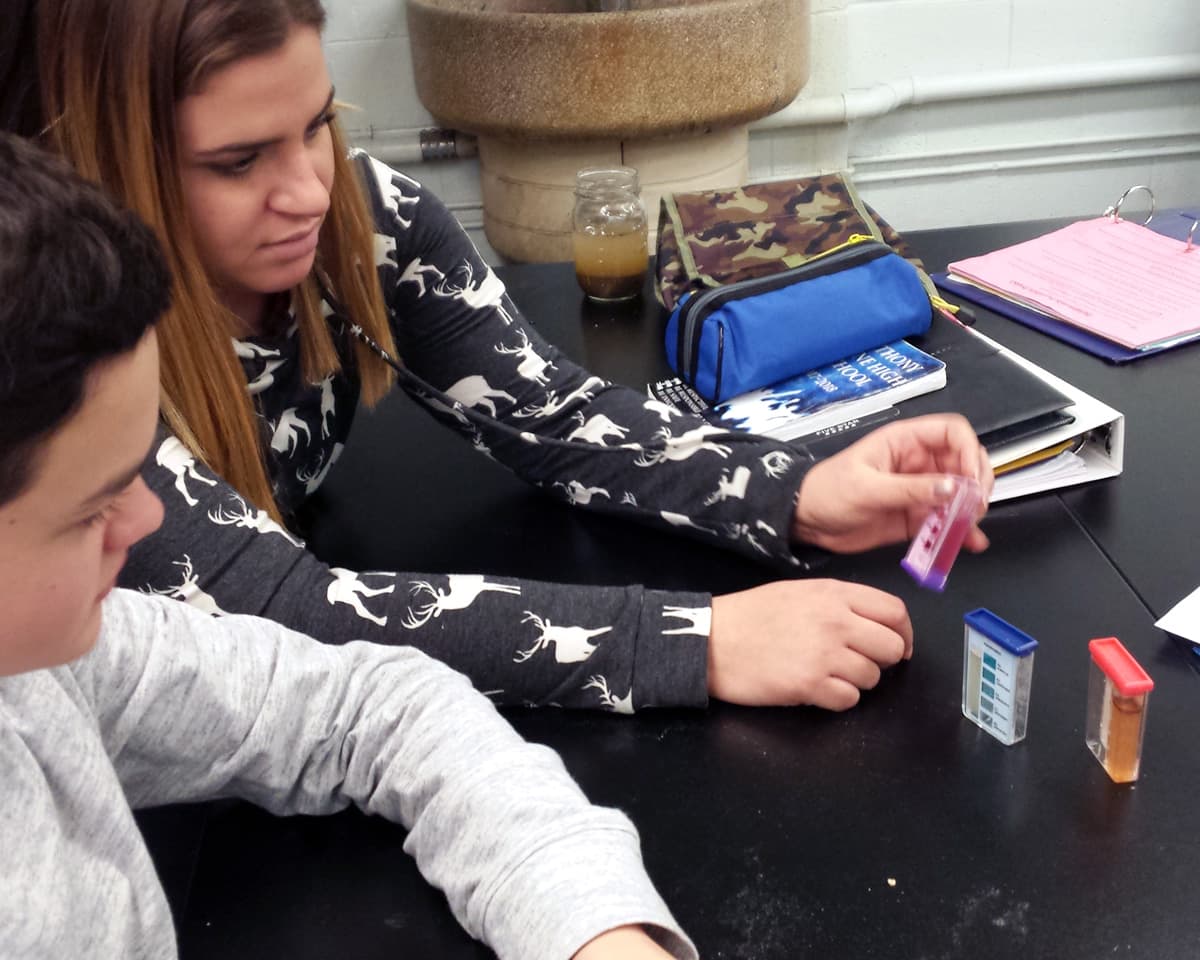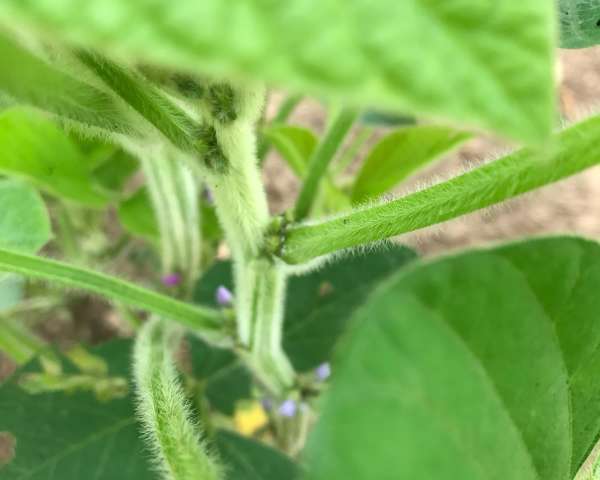AFNR plant systems
Lessons
# Plants in Our Lives
This lesson helps students to engage in learning about plants, and to realize how much they know (or don’t know) about plants and their role in our lives.
Files
# Plant Systems Career Pathways
Career pathways help students see the education requirements for a career involving plants and horticulture. This lesson requires students to investigate the nine career areas.
Files
# Taxonomy and Phylogeny
Each plant is classified according to broad categories based on characteristics they share. New DNA technology has allowed us to be more specific in determining the “relatives” of plants. This activity helps students understand the various ways of classifying to show these different relationships.
Files
# Photosynthesis Requirements
Photosynthesis is a complex process, which takes place in plants and is often taken for granted. This lesson shows what happens when the process is interrupted or altered.
Files
# Plant Nutrients
Nutrients are required for plants to grow. In this activity, students will learn about nitrogen, phosphorus, and potassium, how these nutrients affect plants, and their toxicity and deficiency symptoms. (See Growing More Food for related activities)
Files
Teacher background
This unit introduces students to the range of agricultural opportunities in plant systems. Thinking about agriculture often seems limited to growing crops for food or raising livestock, but plants play a much larger role in everyday life than that! Many things we rely on are related to plants and how we have improved them to be more functional, from the clothes we wear to the houses we build and the food we eat.
Next gen science standards
Science and engineering practices
- Obtaining, evaluating, and communicating information
Crosscutting concepts
- Cause and effect
- Systems and system models
Disciplinary core ideas/content
- ESS3A Natural resources
- ESS3C Human impacts on Earth systems
- LS1B Growth and development of organisms
- LS2A Interdependent relationships in ecosystems
- LS3B Variations of traits
- LS4A Evidence of common ancestry and diversity







Share this